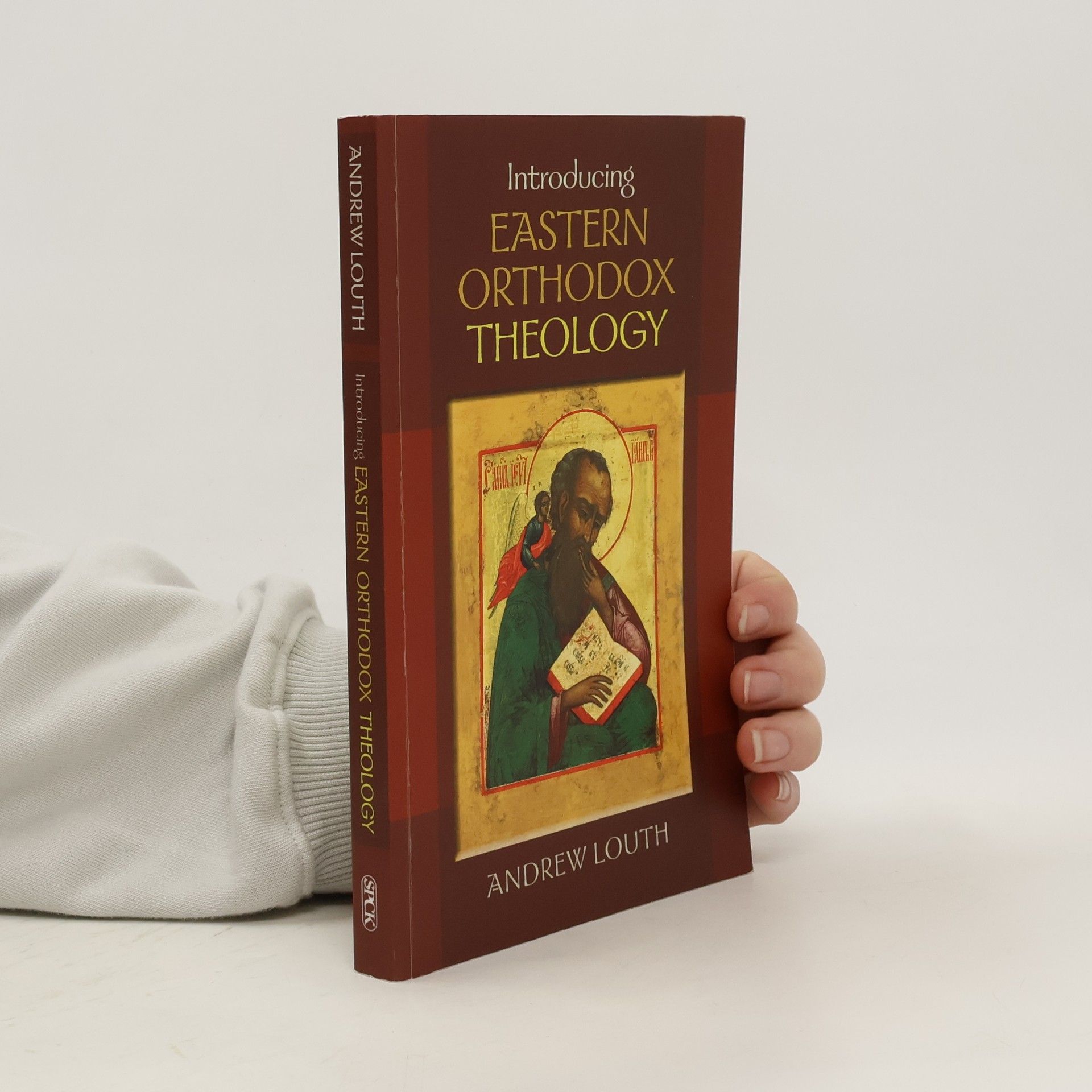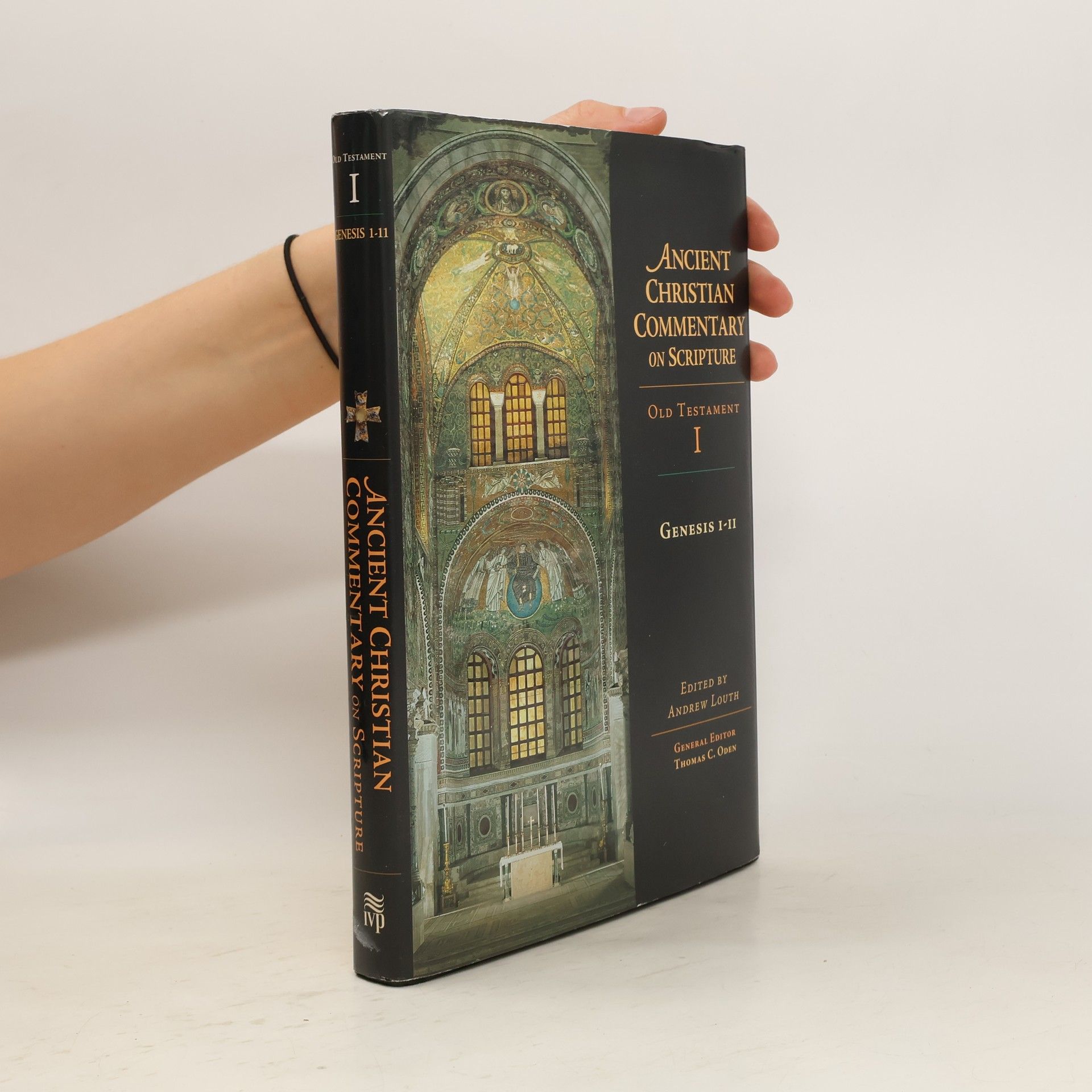The exploration of the Christian mystical tradition spans from Plato and Platonism to key figures like Origen, Gregory of Nyssa, Denys the Areopagite, Augustine, and St John of the Cross. Louth delves into the varied and sometimes conflicting influences shaping Christian spirituality. A contemporary chapter updates this classic study, offering fresh insights into the evolution of mystical thought within the Christian context.
Andrew Louth Knihy





This book introduces the reader to the times and upheavals during which Maximus lived. It makes available a selection of Maximus' theological treaties, many of them translated for the first time.
Greek East and Latin West
- 382 stránek
- 14 hodin čtení
This volume gives an account of the Church in the period from the end of the Sixth Ecumenical Synod in 681 to the Battle of Manzikert in 1071. Although 'Greek East' and 'Latin West' are becoming distinct entities during this expanse of time, the author treats them in parallel, observing the points at which their destinies coincide or conflict and noting developments within the whole of the Church rather than striving simply, or even primarily, to explain the eventual schism between Eastern and Western Christendom. Covering events both unique to each part (the Iconoclastic controversy in the East and the rise of the Carolingian Empire in the West) and common to each part (monastic reform, renaissance, and mission) the author skillfully portrays two Christian civilizations that share much in common yet become increasingly incomprehensible to one another. Despite curious synchronisms between East and West, the author demonstrates how two paths diverged from a once common route, and how eventually Byzantine Orthodoxy defined the Greek East over against the Latin West in theological, religious, cultural, and political terms.
Ancient Christian Commentary on Scripture I. Old Testament. Genesis 1-11
- 204 stránek
- 8 hodin čtení
The rich tapestry of the creation narrative in the early chapters of Genesis proved irresistible to the thoughtful, reflective minds of the church fathers. Within them they found the beginning threads from which to weave a theology of creation, Fall, and redemption. Following their mentor the apostle Paul, they explored the profound significance of Adam as a type of Christ, the second Adam. The six days of creation proved especially attractive among the fathers as a subject for commentary, with Basil the Great and Ambrose producing well-known Hexaemerons. Similarly, Augustine devoted portions of five works to the first chapter of Genesis. As in previous volumes within the Ancient Christian Commentary on Scripture, the range of comment contained in this volume spans from the first century to the eighth and from East to West, from Greek and Latin speakers to Syriac. This ACCS volume on Genesis 1-11 opens up a treasure house of ancient wisdom that allows these faithful witnesses, some appearing here in English translation for the first time, to speak with eloquence and intellectual acumen to the church today. Especially helpful is the volume editor's provision of Septuagintal alternative readings to the Masoretic text, which are often necessary to understanding the fathers' flow of thought.
Introducing Eastern Orthodox Theology
- 194 stránek
- 7 hodin čtení
The author is a world authority on Orthodox thought. This introduction is written in lively, non-technical language for readers of all religious backgrounds.